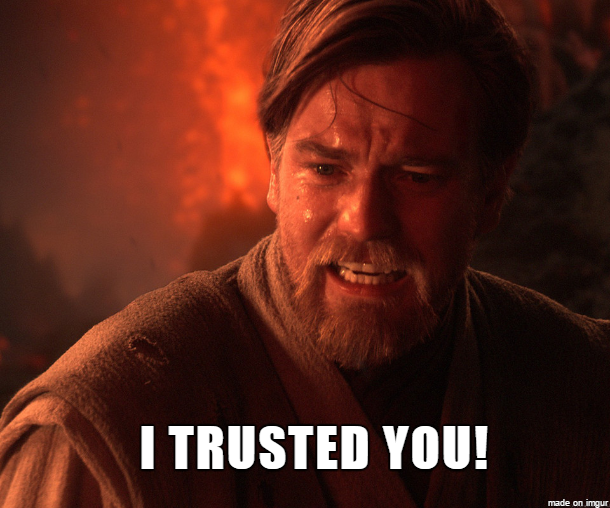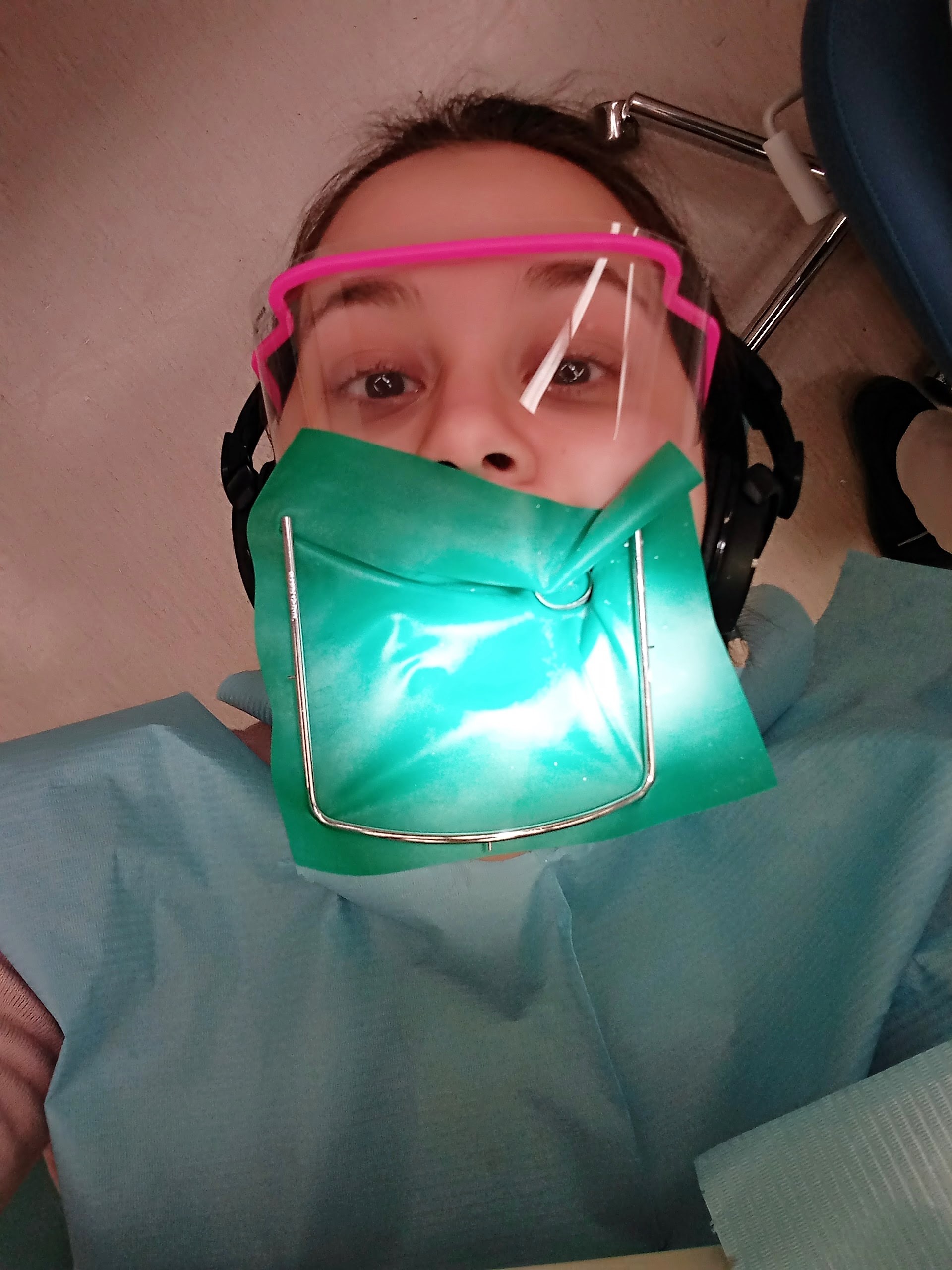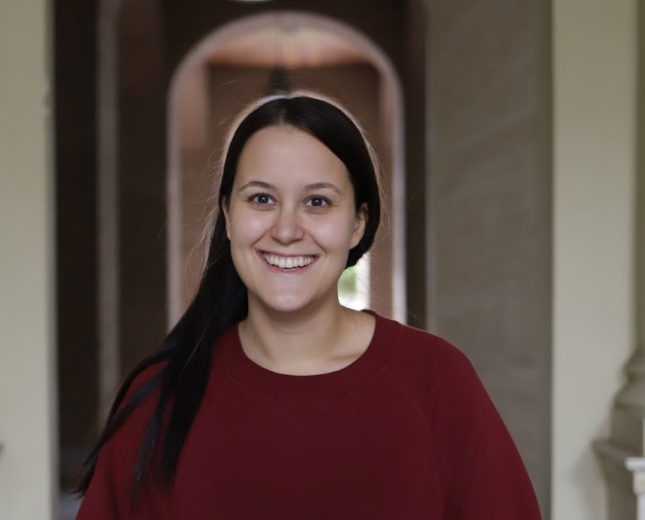Visiting doctors in a foreign country
*Za slovensko verzijo tega teksta prosim kliknite tukaj*
Unlike in childhood, when my constant colds and fevers caused my parents quite a few gray hairs, I am rather healthy now. (Knock on wood or, since it’s conveniently close, knock on a glass table where my feet are). But no matter how healthy a person is, it’s impossible to avoid occasional pains. When I’m lucky it’s only a cold, during which I spend a couple of days sniffling, complaining and feeling horrible, then I miraculously recover without going anywhere near a doctor.
In the past month or so, I haven’t been so lucky. Namely the problem was (and still is) in my tooth, which started giving me a heck of a lot of pain in February and stubbornly persisted. I take this as a personal injustice because I go to my dentist every year for a regular checkup, I clean my teeth, I floss (when I remember), I don’t eat (too much) candy, I don’t bite into rocks … What more do you want from me, tooth? Why have you betrayed me so horribly?

I trusted my tooth and it betrayed me. Just like Anakin betrayed Obi Wan. Exactly the same situation.
At this point I should probably say that I’m lucky when it comes to the countries I live in. Both Slovenia and the Netherlands have an excellent public healthcare system, especially if you compare them to some other countries (khem, America, khem) where you basically have to sell your right kidney for medical help. I think Slovenians sometimes don’t realize how lucky we are, but about this sometime else. What’s most important is this: no matter how good Dutch healthcare is, it’s not fun to go to a doctor in a foreign country.
What’s a General Practitioner called again?
For starters there’s the problem of not knowing where to go. At all. You start feeling like shit and first you have to discover who and where you should call. Our uni does have a website describing everything, but still. The Studentarts programme offers GP services to students, but you have to sign up for that and make an online appointment, which means you’ll spend about a week waiting. Many of us were rather quick to realize that no matter what the website says, you only make an appointment for non-urgent cases. If you have an actual pressing problem, you show up there and hope to be taken in. If you try to look even more pathetic than you feel, they show mercy. Or at least they have to me so far. I mean, really, what use is there of an appointment a week after the sickness starts. By then, you’re either healthy or in the hospital. (Their problem is then solved …)
How about you rummage around in my mouth a bit …
Now I’m a pro at GPs, but when my tooth started hurting, I had no idea what to do. My initial reflex was to book a plane ticket to Slovenia and take care of the matter in the comfortable shelter of my dentist’s practice. Of course that is a rather impractical solution (no matter how attractive) so I picked up the phone and called the University Centre for Dentistry and Dental Higiene.
Hoe gaat het? (Language problems)
When you come to a doctor abroad, you sort of fumble around a bit. It’s true that everyone speaks English in the Netherlands, but it’s still difficult to translate medical jargon. Especially when your tooth is in pain and you can barely describe it in Slovenian, much less in English or Dutch. And it’s so difficult to stop them once they start speaking Dutch with you – at some point, you just have to interrupt them and say “Ik spreek Engels” or, the simpler option, “Ummmmmm”. A blessing in disguise is this: in the dentist chair you can’t speak anyways, you can just lie there with an open mouth and hope for the best. And in the last month, while passively listening to Dutch students of dental medicine, I learned more phrases connected to teeth than I ever wanted to know.

Personal torture device at the dentist. It’s about as fun as it looks.
I have to pay? Huh?
I’m spoiled in Slovenia, because I go to the doctor, dentist, specialist … and even if I forget my wallet at home, nothing bad will happen (as long as I have my health card, because otherwise the nurses give you the evil eye). Here, it’s the same: as long as you have your European health insurance card, the doctor photocopies it and you never see any invoice. Unfortunately, it’s different at the dentist’s, because dental services aren’t covered in all countries and so you have to pay directly after your appointment. Because Slovenia considers teeth health to be as important as body health, that means I have to fill out the wonderful form Return of Costs of Treatment Abroad from the Slovenian health care institute and explain, in detail, what happened. When filling this out, I couldn’t help but wonder if they truly think that someone derives so much pleasure from going to doctors abroad that they’re willing to subject themselves to this much bureaucracy. I try to avoid doctors (and bureaucracy) as much as possible.
Some habits are different
This one is specifically connected to the Centre where they’re currently taking care of my traitorous tooth. The Centre employs students which, I admit, scared the hell out of me at first. I mean, they are 1st and 2nd year students of the dental medicine Master’s programme, but still. I am now (approximately) a 2nd year MA student and I still feel completely unprepared for the adult world in any shape, form or size. There are still days I spend in my pajamas, while students (kids) my age rummage around other people’s teeth!
But it’s not bad at all. It takes longer than with a non-student dentist, that’s true. They’re under the supervision of their professors, which entertains me immensely because I write to my professors with questions like “Is this a cool research question?”, while they ask them things like: “Can I drill deeper into her tooth or is this enough?”. Quite a big difference, huh? Despite this, I have no complaints. They’re nice, always prepared to explain what they’re doing, and full of enthusiasm (probably because someone let them play around with all these drills …). And they let me listen to music during two- or three-hour visits, which importantly contributes to me not jumping out of the chair.
Assessment: it could be worse. (I could, for example, be living in America where a toothache would mean I’d be walking around without my right kidney or some other less important organ.)

